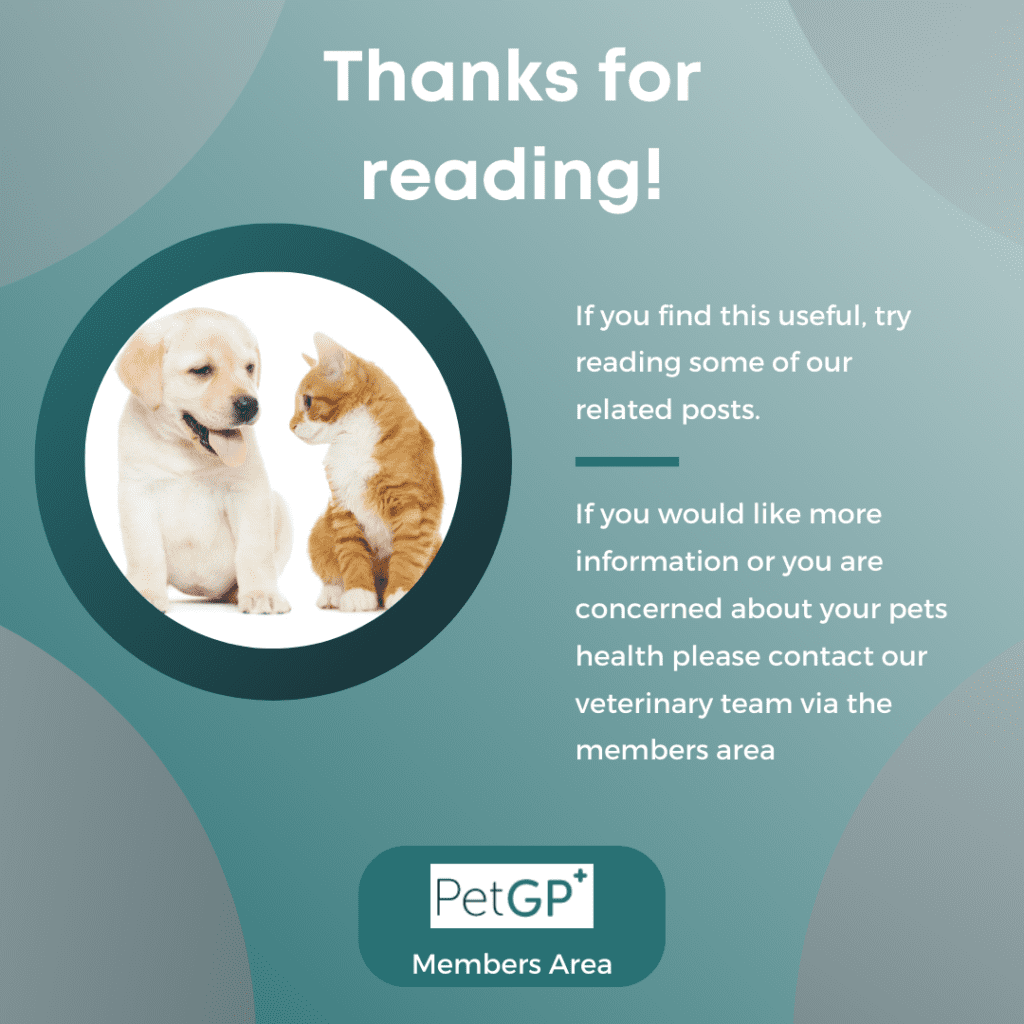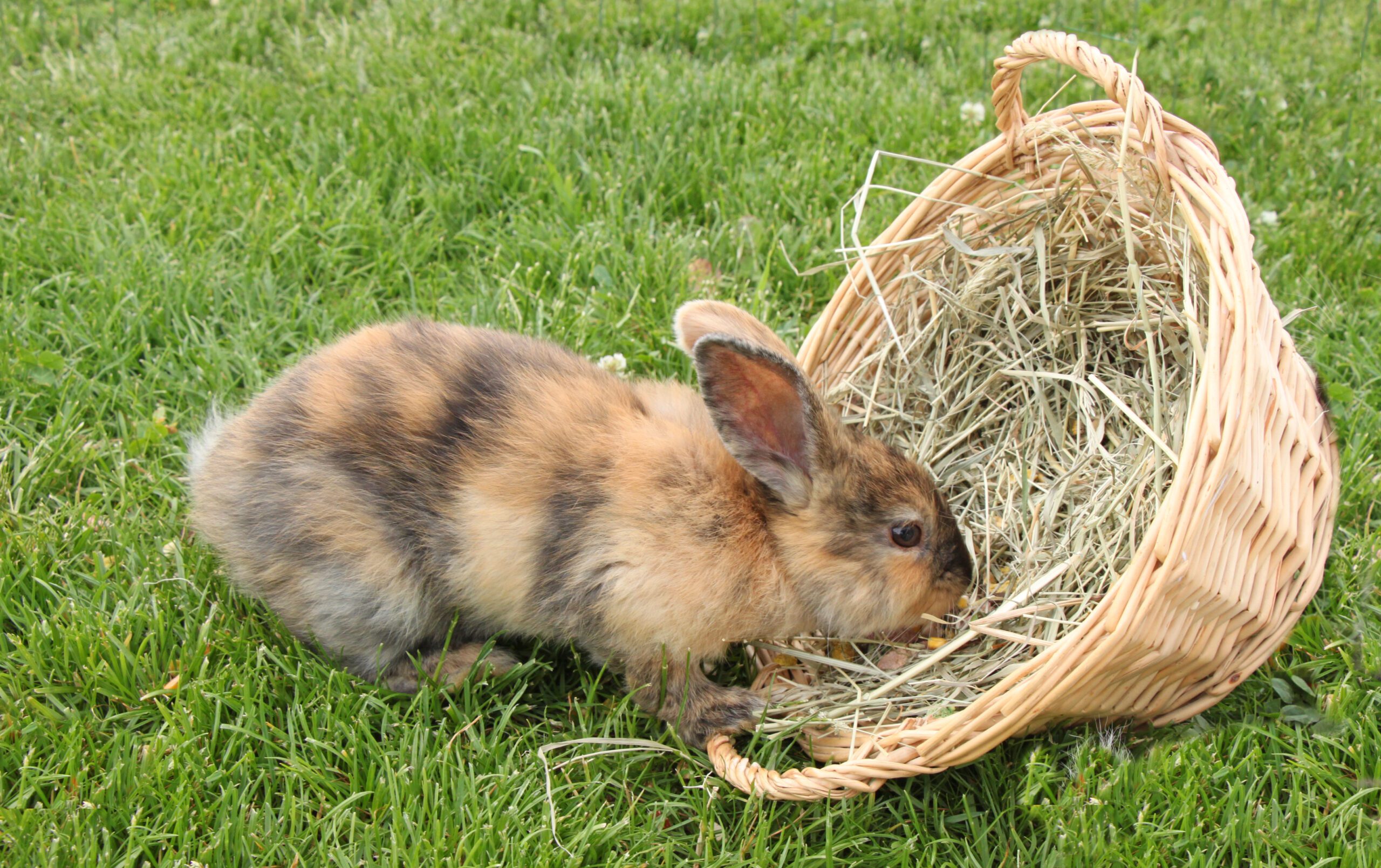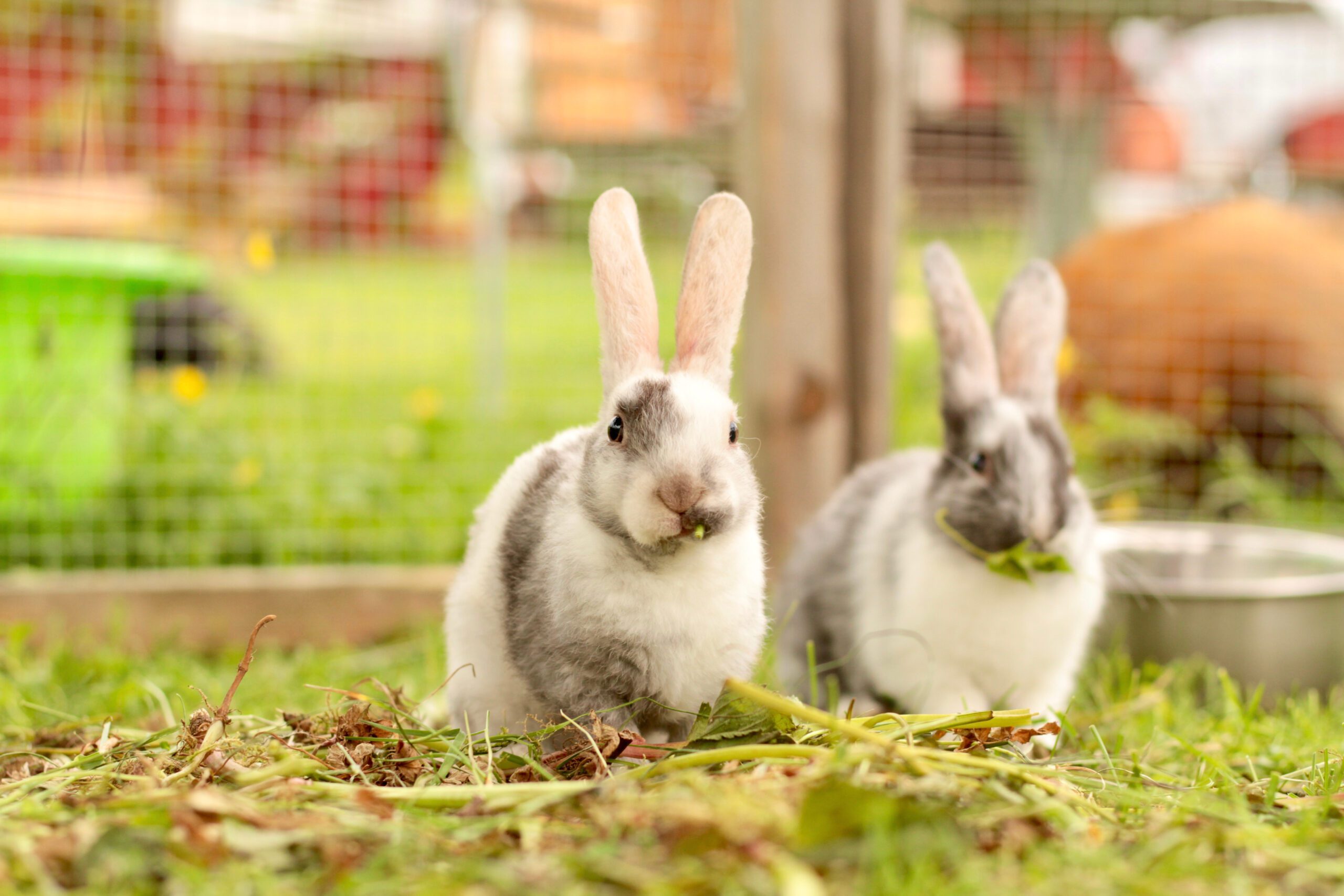Storage mites
Storage mites are likely something you have never even heard of. We all live with them in our daily lives and homes. By domesticating our pets and bringing them indoors we have exposed them to these tiny creatures. Like humans, pets can develop allergies to anything. A storage mite allergy can be uncomfortable and frustrating to deal with. It's useful to be aware of what these mites are and how you can limit exposure.
Storage mites are microscopic insects. They are found in dry stores such as hay, grain, flour, dry pet food and even cheese. These mites thrive in places where dry foods are kept, feeding on microscopic mould found growing within the stores. These foods are very often found to be contaminated with storage mites shortly after packaging is opened. Pets can be exposed to the mites either through eating the contaminated food or by contact with food or dust. 90% of dog foods 5 weeks after opening (and stored at optimal conditions) were contaminated with storage mites. Thankfully, there are measures that can be taken at home to minimise the risk of storage mites. This helps you to keep you and your pets happy and healthy.
Why are we concerned about storage mites?
Allergies to storage mites have been well established in human medicine. These often occur due to exposure during work such as farming or handling of grain. Allergies to these mites are also being more frequently found as a problem in our homes. Pets, just like people, can have allergic reactions to the waste products of the mites or even the dead mites and their body parts. Between 30-80% of dogs with allergy-based skin problems have reactions to storage mites specifically.
Many of our pets are now being fed a large proportion of dry kibble foods. All of these are susceptible to storage mite contamination.
Storage mites can grow rapidly in foods exposed to humidity and warmth. Although they can’t burrow into bags of food, they can gain access through open or poorly sealed containers. Storage mites in pet foods are found to prefer kibbles higher in protein and fat. This means all dry pet foods are at risk. Even grain free options can be contaminated. It’s not possible to completely eradicate them from your environment. It’s sensible to take precautions to limit your pet's exposure to these microscopic mites.
What can you do about them?
As we have already learned storage mites love warmth, humidity, and easy access to their preferred food. You can use the tips below to minimise your pet’s risk of exposure to storage mites.
- Do not use out of date or old pet food. Check it regularly for mould or bad smells that could indicate it’s no longer good to feed.
- Try to avoid stockpiling large bags or amounts of dry kibble. Ideally only buy enough food to store for a month.
- Store kibble in a clean dry airtight container at room temperature, somewhere cool and dry. Avoid sheds, garages, conservatories, or other areas where exposure to temperature extremes is likely.
- Wash your food containers regularly with hot soapy water. Do not be tempted to simply refill them, leaving crumbled food at the bottom. Storage mites thrive in crushed and powdered pet foods. Dry well before refilling.
- Check bags before purchase for open seals or rips. These may mean the food could be contaminated before you even get it home.
- Pet treats and chews should be stored and handled in the same way.
- If you have a pet with a known storage mite allergy, you can freeze unused kibble in sealed bags immediately after purchase until needed. It can then be removed and thawed in a sealed container. This won’t kill existing mites but can prevent any contamination.
Storage mites are found throughout our homes and can be problematic for many pets especially those who are known to or suspected to suffer from allergies. If you are concerned your pet may have an allergy, you should discuss this with your veterinary team as soon as possible.





